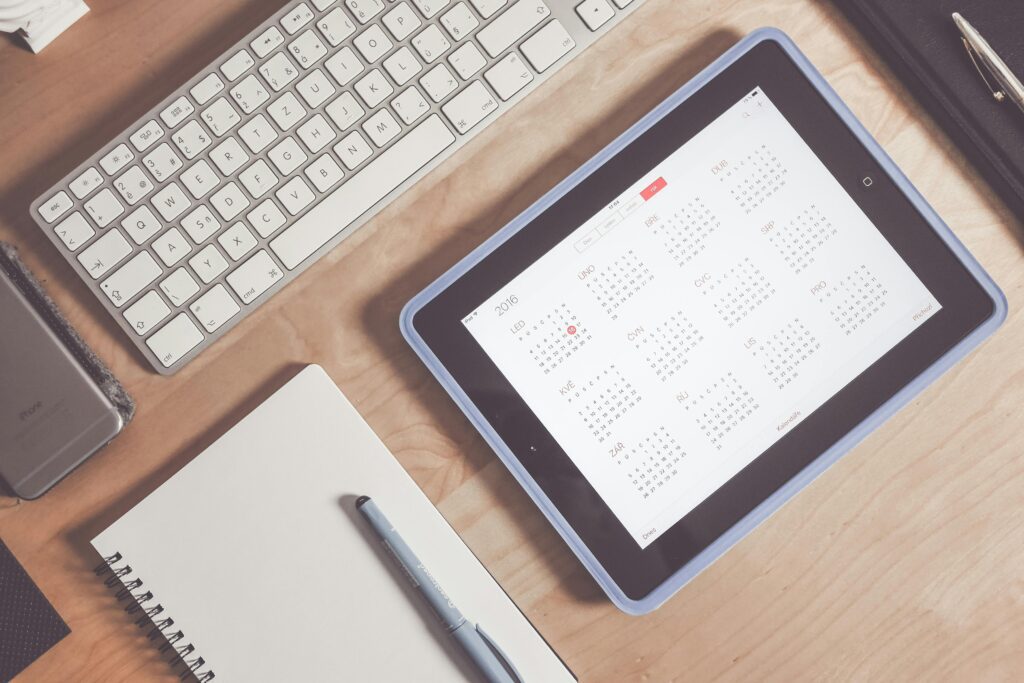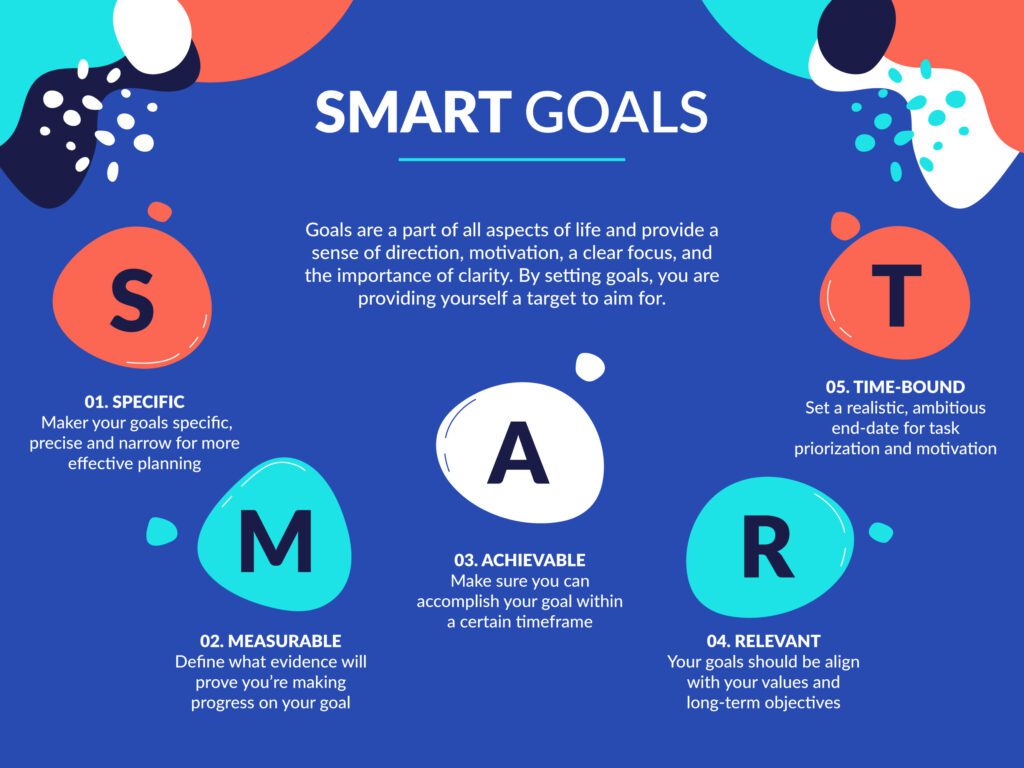Graduate school and the grad workload can be demanding. You already have a ton on your plate as is. With the right strategies, you can manage your workload efficiently and thrive. Whether you’re planning to balance work, school, and personal life, or you’re diving straight into full-time studies, here’s how to stay organized and productive, including links, tricks, and strategies.
1. Master Time Management


Effective time management is the cornerstone of handling the grad workload. With research, readings, assignments, and sometimes your work or internships, your schedule fills up quickly. Here’s a few suggestions on tools to juggle it all:
- Use a Planner or Digital Calendar: Map out your deadlines for assignments, exams, and projects at the start of each semester. Tools like
These tools aren’t exhaustive. Keep exploring what will help keep your to-do list organized!
- Break Tasks Into Manageable Pieces: Break down big tasks like thesis work or presentations into smaller, manageable tasks. Set milestones and celebrate progress along the way, which helps incentivize you to keep at it.
- Set Priorities: Management techniques like the Eisenhower Matrix, helps you prioritize tasks based on their urgency and importance. Focus on what needs immediate attention, and don’t get bogged down in less important work.
2. Develop Effective Study Habits
Handling the grad workload requires a deeper intellectual engagement than mere rote memorization or cursory reading. Success at this stage demands a strategic, deliberate approach to scholarly work that fosters critical thinking and mastery of complex material. So how you develop that?
- Embrace Active Learning Techniques: Passive reading is inadequate for the intellectual demands of your graduate studies. Try engaging with materials by annotating texts, critically analyzing arguments, and formulating incisive questions. These habits will enable a deeper synthesis of knowledge and enhance cognitive retention.
- Adopt the Study-Block Methodology: Lengthy, unstructured study sessions can lead to diminishing returns in terms of productivity and intellectual stamina. Structured study blocks—such as the Pomodoro Technique—promote sustained cognitive focus and facilitate the assimilation of dense, complex material. Interspersing these periods with brief, intentional breaks allows for mental recovery and prevents burnout.
3. Set Realistic Goals and Deadlines
While in graduate school, it’s essential to set both short-term and long-term academic goals. Being specific with your objectives will help you stay focused and motivated


- SMART Goals: Set Specific, Measurable, Achievable, Relevant, and Time-bound (SMART) goals for your studies. This approach ensures that your academic and personal goals are clear and actionable. You can find many templates online that help you visualize your goals and manage your grad workload.
- Avoid Overcommitting: Graduate students often feel pressure to take on too many responsibilities at once, such as research projects, extracurricular activities, or teaching assistantships. Be selective about what you commit to and avoid burnout by setting realistic expectations for yourself.
4. Prioritize Boundaries
It can be easy to get caught up in the intensity of graduate school. Prioritizing your grad workload will suffer, though, if you aren’t careful with taking care of yourself. Establish balance in your life by:
- Establishing Boundaries: Define specific hours for study, work, and personal time. Sticking to a routine helps create a sense of balance between your academic responsibilities and personal life.
- Incorporating Exercise and Nutrition: It may be a cliché, but a healthy body contributes to a healthy mind. Regular exercise and eating nutritious meals will boost your energy levels and improve focus.
- Regularly Assessing You Mental Health: Graduate school can be stressful, so practice mindfulness or meditation to reduce anxiety. Don’t be afraid to seek out mental health services on campus if you’re feeling overwhelmed.
5. Leverage Technology to Stay Organized
Technology can be a huge help when it comes to staying organized. Here are a few digital tools to help manage your workload:
- Task Management Apps: Tools like Trello, Asana, and Todoist help you organize tasks by projects, track deadlines, and set reminders.
- Note-Taking Apps: Evernote and OneNote can store your lecture notes, research ideas, and reading summaries all in one place, making it easy to find information when you need it.
- Cloud Storage: Use Google Drive, Dropbox, or another cloud storage system to keep your important documents safe and accessible across devices.
6. Collaborate with Your Peers
Graduate school is about more than just individual success—it’s a community experience. Building a support network with fellow students can provide you with emotional encouragement, academic feedback, and opportunities to collaborate on research or projects.


- Study Groups: Forming or joining a study group can help you stay motivated and get different perspectives on the material.
- Peer Mentorship: Find a peer or classmate who can help guide you through challenging courses or unfamiliar processes. You can return the favor by mentoring others in areas where you excel.
7. Seek Assistance
Graduate school is challenging, but you don’t have to go through it alone. Don’t hesitate to seek assistance when you need it.
- Advisors and Professors: Regularly communicate with your academic advisors and professors for guidance, feedback, and clarification on assignments.
- Counseling and Tutoring Services: Many universities offer free counseling and tutoring services to support students through difficult times, whether academically or emotionally.
Conclusion
What now?
Managing your graduate workload efficiently is all about balance, planning, and knowing when to seek help. By mastering time management, developing effective study habits, leveraging technology, and taking care of yourself, you can thrive in your graduate program and reach your academic goals. Grad school is a marathon, not a sprint—pace yourself, stay organized, and you’ll be set to handle the workload.





